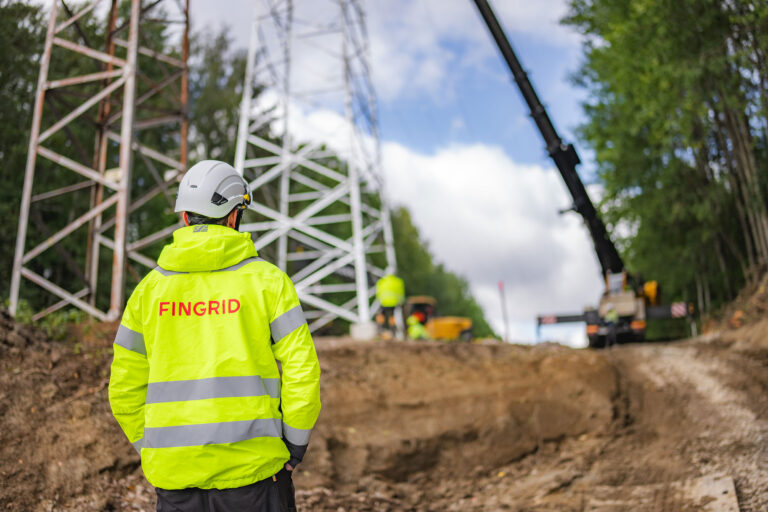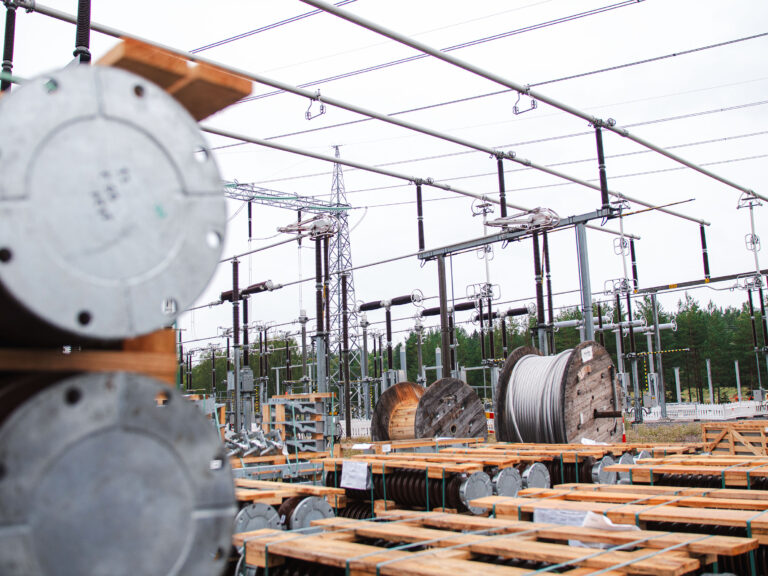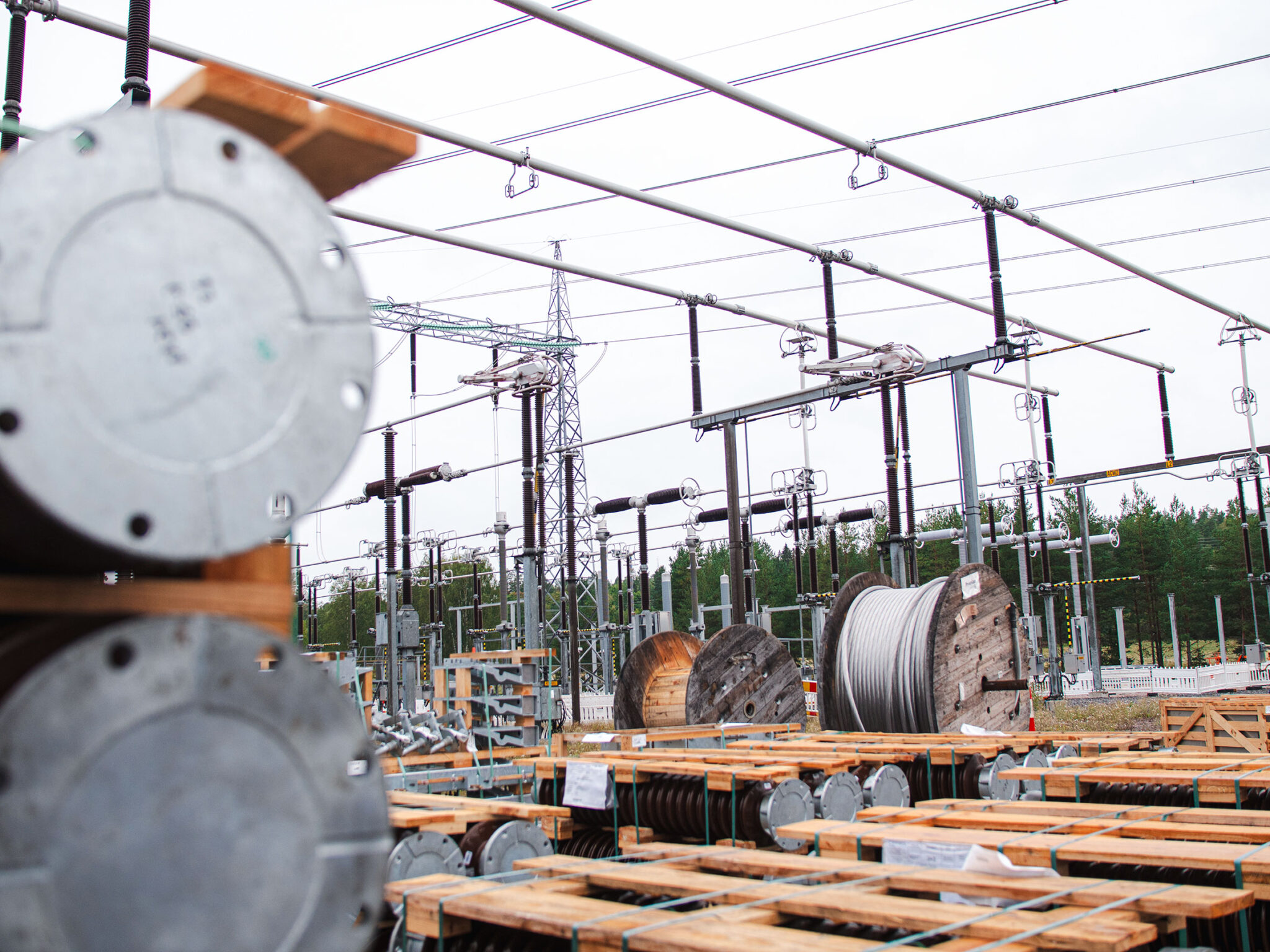More flexibility is needed in electricity production as the energy transition progresses. Electricity production and consumption must remain balanced when the wind lets up and the turbine blades slow down. Reserves are also needed in case of failures or too much electricity in the network.
A company that has a controllable production plant, demand facility, or grid energy storage system and is interested in selling its electricity reserves can contact Fingrid’s experts.
Turnkey service providers can also help their clients enter the flexibility market. They also have optimisation systems that seek to maximise sales.
Fingrid has reserve products for various purposes, all with their own rules and technical requirements. Providers can earn more by directing their flexible capacity to the right product at the right time.
Flexibility in industry and buildings
Vibeco Oy, wholly owned by Siemens, helps to manage energy flexibility in industrial locations and large buildings, among other sites. CEO Veikka Pirhonen says that the company handles the entire process if, for example, an industrial operator wants to integrate its electric boiler as a flexible load in the electricity market.
“We plan the entry so that it satisfies the factory’s requirements, Fingrid’s terms and conditions, and strict information security criteria. We also offer an AI-based optimisation system.”
A similar process applies to buildings.
“Buildings have a huge amount of flexibility. For example, cooling and ventilation can be adjusted without compromising the conditions.”
Maximizing returns from electrification investments
Intergrid specialises in connecting industrial heat and steam processes to the flexible power markets. Its customer base includes district heating companies, process industry, and greenhouses.
“We use artificial intelligence to model how much flexibility a company can offer and we handle all the necessary steps to allocate the capacity to the markets with the best returns depending on the prevailing situation,” says Olli Kangas, CEO.
Intergrid also helps companies that are still considering replacing an oil boiler with an electric boiler, for example.
“Many investments become profitable when the company also participates in the flexibility market.”
It is important to streamline the process of becoming a flexibility provider as much as possible.
“Luckily, Fingrid has already invested in this a lot,” says Kangas from Intergrid.
Grid energy storage growing in importance
Capalo AI offers AI-based multi-market optimisation to bring grid energy storage systems into the flexible and wholesale markets and maximise returns.
The company’s customers include energy companies and a private equity firm investing in energy infrastructure.
“We optimise electric batteries of all sizes, from container-sized systems to home batteries, in every marketplace offered by Fingrid and the Nord Pool power exchange,” says CEO Henri Taskinen.
Among other things, Capalo AI trades capacity from Taaleri Energia’s 30 MW/36 MWh battery system in the reserve and wholesale markets.
“The number of batteries and their importance for the reserve market will increase. Even small household batteries can play a role: consumers will soon be able to contribute to the green transition and make money from it.”
Markets developed in collaboration
Service providers appreciate Fingrid’s collaboration. They also have suggestions for the future.
“Data enables service development, so it is worth continuing to invest in the availability and quality of data,” says Pirhonen from Vibeco.
“It is important to streamline the process of becoming a flexibility provider as much as possible. Of course, Fingrid has already invested in this,” says Kangas from Intergrid.
“It should also be as easy as possible for consumers to join the system,” adds Taskinen from Capalo.ai.
Kangas mentions that it has also been easy for SMEs to become flexibility providers thanks to the high degree of digitalisation in the grid. He hopes that flexibility markets will remain open and transparent.
More reserve providers.







